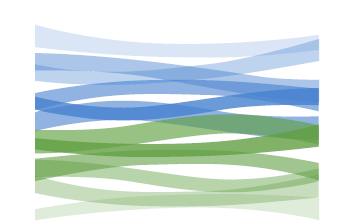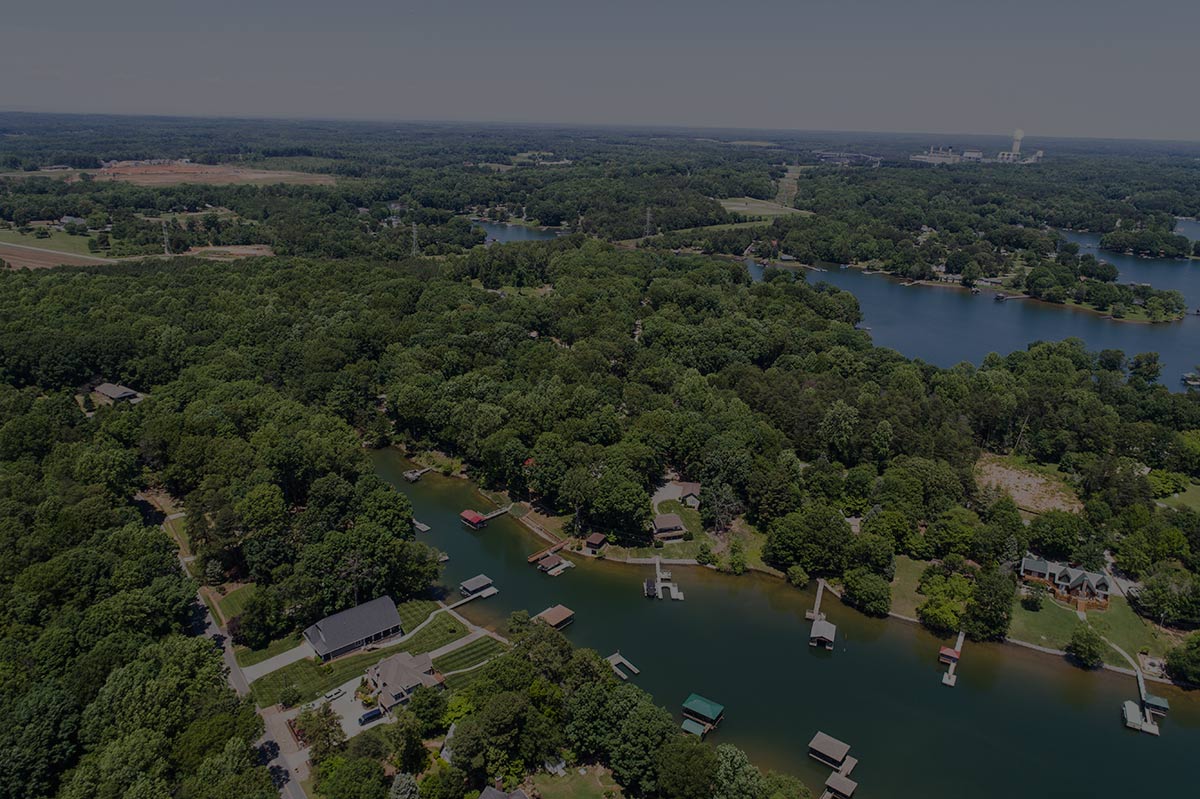Catawba Wateree Water Management Group 2015 Annual Report
Quantifying the Potential Benefits of Land Conservation on Water Supply to Optimize Return on Investments
Changes in land use and land cover associated with population growth reduce reliability of baseflow, increase sediment load, and increase evapotranspiration. Climate change is expected to further exacerbate the impacts of land use change. In combination, land use and climate change could generate a steadily growing imbalance between water demand and available supply within the watershed.
This study aimed to assess the relative impacts of climate and land use change on water supply resiliency across the Basin and determine the extent to which future impacts on water supply can be mitigated through land conservation efforts focusing on geographic “hot spots” within a watershed. The identified hot spots are locations where concentrated management options could prevent reduced drinking water availability and quality.
In combination with an economic cost-benefit analysis, the study methods provide a framework to follow to formulate guidance on where land conservation investments may provide the greatest benefit to water supply resiliency under future climate conditions while the study results support recommendations specific to the Basin.
Benefits from this project include:
- Developed a framework to determine the locations most beneficial to conserve in terms of protecting water supply and quality given future land use and climate within a watershed.
- Derived a series of recommended actions specific to the Catawba-Wateree Watershed for the utility sector and partner conservation organizations.
- Quantified and located the areas of greatest hydrologic and water quality change expected within the Basin due to land use and climate change alone and in combination.
- Provided a series of maps, tabular data, and geospatial layers that stakeholders may use for further analysis and assessment in following the recommended actions or expanding on the detailed framework.
For additional information, visit the Water Research Foundation website (project 4702)




 Quantifying the Potential Benefits of Land Conservation on Water Supply to Optimize Return on Investments
Quantifying the Potential Benefits of Land Conservation on Water Supply to Optimize Return on Investments